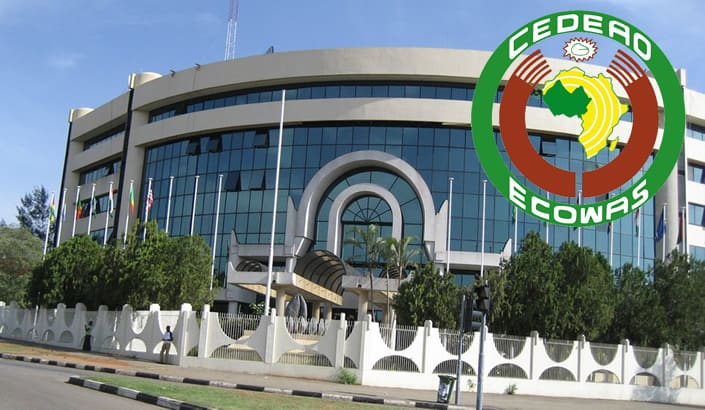The Senegalese Minister of Agriculture, Mabouba Diagne, has called on the countries of the Economic Community of West African States (ECOWAS) to “pool and rationalize their resources.”
Addressing stakeholders at the annual meeting on the response to food and nutrition crises, the Senegalese minister said that ECOWAS must “change its methods” if it is to succeed in its policy of food security.
Food insecurity in West Africa is a reality. According to the ECOWAS, the number of people in need of food aid could reach 50 million between June and August 2024, including 31.7 million in Nigeria.
Despite the availability of arable land and banks willing to finance agricultural projects, the region continues to rely on external aid to combat food insecurity,
Senegal’s Minister of Agriculture, Food Sovereignty and Livestock lamented in Dakar on Tuesday, July 16.
“The situation facing our countries is the responsibility of all of us. Dependence on (food) aid is a sign of failure” for West African countries,
Diagne said spontaneously, putting aside the speech his technical teams had prepared for him to speak ‘frankly’ to stakeholders at the annual meeting on the response to food and nutrition crises in West Africa, including Mauritania and Chad.
Organized by ECOWAS, the meeting opened on Tuesday in Dakar with a
statement by the Senegalese Minister, who, far from being politically correct, stressed that agriculture was a subject about which he was
“passionate.”
He said ECOWAS “must change its methods” when it comes to food security, criticizing the fact that his country imports $1070 million worth of food, compared to $30 billion for the African continent. “Importing so much food means exporting jobs,” stressed the former vice president of the ECOWAS Bank for Investment and Development (BIDC).
According to him, African countries must “pool” and “rationalize” their resources (technical, financial, etc.) to produce their own food needs so that “Africa can feed Africa.” “With 40 warehouses of 5,000 tonnes, we will no longer need to import fruit and vegetables” in Senegal, for example, he said, noting that “the problem is not money, but organization.”
Mr. Diagne noted that ECOWAS must make financing the agricultural sector “a priority,” while relying on the local private sector to develop agriculture at the regional level.
He cites the example of former Malian footballer Seydou Keita, who opened a multi-billion CFA franc agro-industrial company in his country, helping to combat unemployment and food insecurity.
The Minister of Agriculture also recalled his own experience as the head of a poultry company he founded on his return to Senegal after holding senior positions abroad. In four years, he managed to produce “four million chickens” in his farm.
The Executive Director of the Regional Agency for Agriculture and Food (ARAA) defended ECOWAS, pointing out that the regional organization “complements the measures taken by each country” in the region to
combat food insecurity.
To this end, in 2012 it created the Regional Food Security Reserve, an instrument that mobilizes food stocks in four regions of the continent, including West Africa. “Countries in need can request it,” he explained.
One of ECOWAS’ technical and financial partners, the French Development Agency (AFD), says it is “sensitive” to the issue of food security in the region. It called for “greater coordination with all partners” to meet the challenge of food security.
The work of this annual ECOWAS consultation, which began on Monday, will continue for three days. The overall objective is to bring together national actors in charge of responding to food crises and the international humanitarian community to assess the progress of countries’ response plans and identify actions to be taken to improve and better coordinate food and nutrition assistance to populations in crisis.
The participants will draw lessons from the implementation of the 2023 crisis response before taking stock of the state of preparedness and implementation of the 2024 crisis response.
The meeting will bring together national humanitarian crisis management mechanisms, regional partners (UEMOA, CILSS), partners from the international humanitarian community, regional actors (producer organizations and NGOs), as well as technical and financial partners such as AFD and the World Bank.
ODL/sf/ac/lb/GIK/APA


